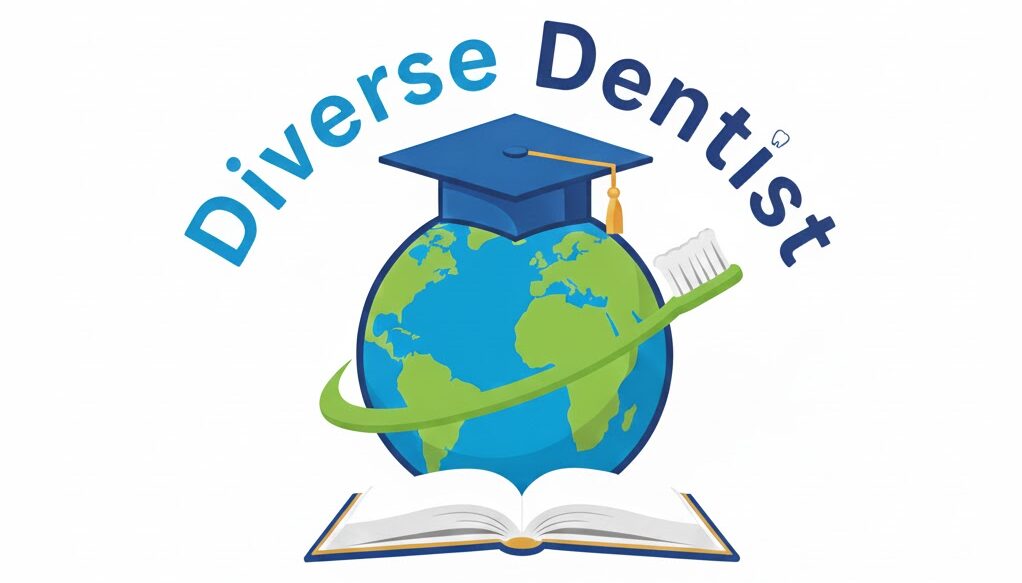A foreign-trained advanced standing dental program interview is a critical component of the admissions process for international dentists who are applying to advanced standing programs at U.S. dental schools. These programs are designed for dentists who have received their education outside the United States and wish to earn a Doctor of Dental Surgery (DDS) or Doctor of Dental Medicine (DMD) degree in the U.S. Here’s an overview of what to expect during this interview process:
Purpose of the Interview
- Assessment of Qualifications: The interview aims to evaluate your qualifications, experiences, and motivation for pursuing a dental degree in the U.S. Admissions committees want to understand your educational background and how it aligns with their program.
- Understanding of the Dental Profession: Interviewers will assess your understanding of the U.S. dental system, including knowledge of current practices, ethics, and patient care standards.
- Personal Attributes: The interview helps assess personal qualities such as communication skills, empathy, teamwork, and professionalism, which are essential for success in dentistry.
Structure of the Interview
- Format: The interview can be conducted in-person, via video conference, or over the phone, depending on the program and your location. It may include one-on-one interviews or panel interviews with multiple faculty members.
- Duration: The interview typically lasts between 30 minutes to an hour.
- Types of Questions:
- Background Questions: Expect questions about your education, dental training, and work experience. Interviewers may ask about specific dental procedures you’ve performed or challenges you’ve faced in your previous practice.
- Motivational Questions: Be prepared to discuss why you want to pursue dentistry in the U.S., why you chose that specific program, and your career goals.
- Ethical Scenarios: You may be presented with hypothetical ethical scenarios or case studies to assess your decision-making process and adherence to ethical standards in dentistry.
- Behavioral Questions: Interviewers often use behavioral questions to understand how you’ve handled past situations. They may ask about teamwork experiences, conflict resolution, or how you manage stress.
Preparation for the Interview
- Research the Program: Familiarize yourself with the specific dental school, its curriculum, faculty, and mission. Understand the unique aspects of the program that appeal to you.
- Review Your Application: Be prepared to discuss your application, including your personal statement, experiences, and any relevant dental training.
- Practice Common Interview Questions: Practice answering common interview questions to improve your confidence and clarity in your responses. Consider conducting mock interviews with peers or mentors.
- Prepare Questions: Have thoughtful questions ready to ask the interviewers. This demonstrates your genuine interest in the program and your desire to learn more about their approach to dental education.
- Reflect on Your Experiences: Think about your clinical experiences and how they relate to your aspirations in dentistry. Be ready to share specific examples that highlight your skills, insights, and commitment to the profession.
Tips for a Successful Interview
- Be Authentic: Be yourself and communicate your genuine passion for dentistry and your motivations for pursuing this path.
- Stay Calm and Collected: Take a deep breath and stay composed during the interview. It’s normal to feel nervous, but maintaining a calm demeanor will help you think clearly and respond effectively.
- Listen Carefully: Pay attention to the questions being asked and take a moment to think before responding. This demonstrates your ability to listen and process information thoughtfully.
- Show Enthusiasm: Convey your enthusiasm for the program and your eagerness to contribute to the dental community.
Conclusion
The foreign-trained advanced standing dental program interview is a crucial opportunity to present your qualifications, experiences, and motivations to the admissions committee. By preparing thoroughly and showcasing your passion for dentistry, you can enhance your chances of being accepted into the program and achieving your goal of becoming a licensed dentist in the United States.
